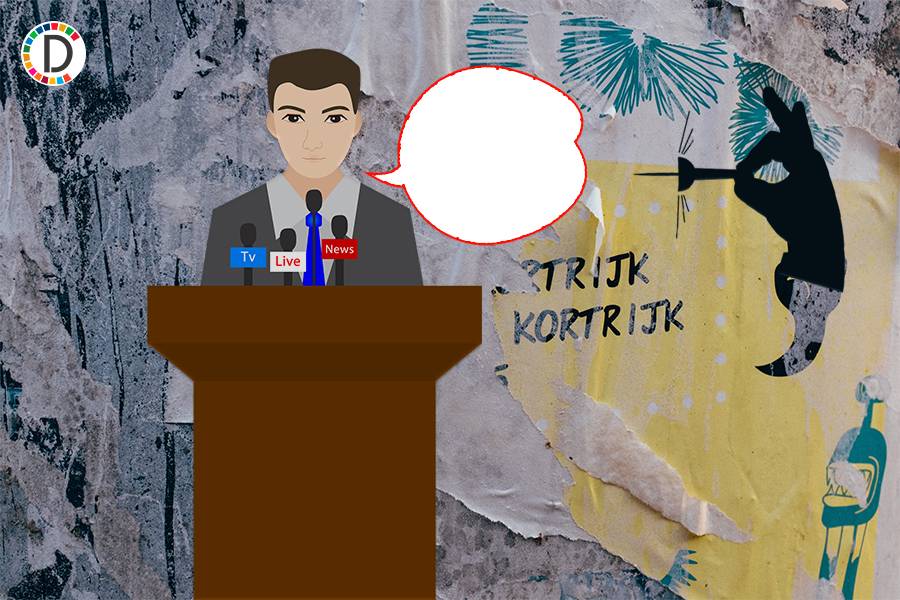Mongolia’s New Political Vision: Tsenguun Saruulsaikhan's Fight for Democratic Change
Tsenguun Saruulsaikhan, Mongolia's youngest parliament member at 27, is advocating for democratic change and a departure from socialist remnants, such as below-cost electricity rates. Despite facing challenges as a young female leader, she envisions a Mongolia where the government is smaller and corruption is minimized, empowering citizens to take control of their futures.

- Country:
- Mongolia
At just 27 years old, Tsenguun Saruulsaikhan, newly elected to Mongolia's parliament, is already positioning herself as a potent force for democratic reform. Voicing discontent with residual socialist policies, particularly below-cost electricity rates, she argues, "It's stuck in how it was like 40, 50 years ago... And that's the reason why we need to change it."
Mongolia's energy infrastructure still bears the weight of its Soviet past, contributing to frequent outages and severe winter smog in Ulaanbaatar due to coal-burning. Tsenguun, leading a new wave of young leaders, speaks on the transitional phase of Mongolian democracy post-1990s from a unique vantage point as the youngest parliament member.
Voter disillusionment with entrenched corruption and ineffective governance was evident in the latest elections. The ruling Mongolian People's Party retained power but with a slim majority. Tsenguun, part of the Democratic Party's comeback, contrasts her vision with small government principles similar to those in the United States, advocating for minimal government intervention to foster a true free-market economy.
(This story has not been edited by Devdiscourse staff and is auto-generated from a syndicated feed.)










